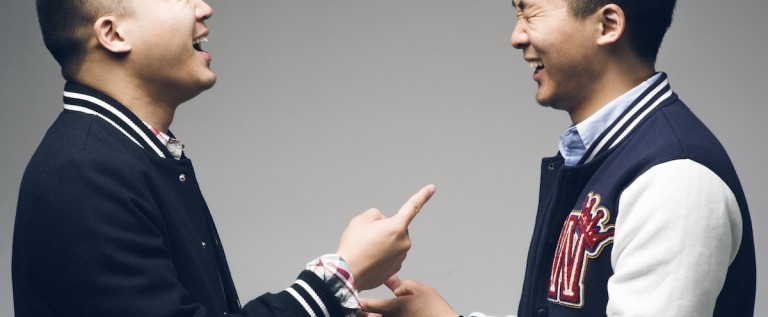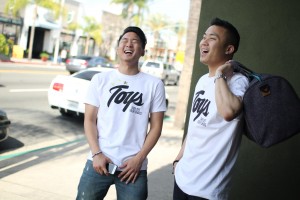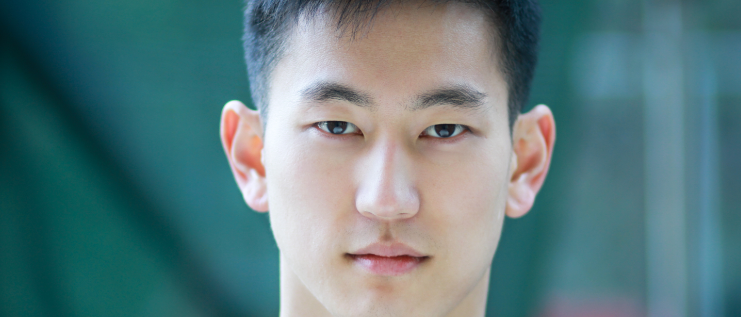Things Asian Like: YouTube Comedians The Fung Brothers By Dana Ter and Photos Provided by The Fung Brothers

What do comedy, hip-hop and tasty Taiwanese snacks have in common? According to the Fung Brothers David and Andrew, the answer is simple: everything. In 2011 the brothers, who were raised in Seattle by Chinese parents, moved to Los Angeles to produce short, funny YouTube videos exploring Asian American identity via food, music and cultural stereotypes. Since then, they have garnered quite a following, with their videos generating millions of views.
“One of our goals is to keep Asian America Asian,” they said. The brothers admitted that although they are not Asian-American studies experts, they enjoy “sparking discussion and being thought-provoking.”
While they wished to educate Asian Americans on their culture and heritage, they wanted to do it in such a way that was light-hearted and relatable. They naturally turned to comedy since it was an integral part of their growing up experience.
“We watched a lot of Simpsons, Conan O’Brien, and David Letterman,” they said. “It was important for us to consume a higher level comedy from a young age.”
In addition, the brothers explained that being involved in the Chinese church community ensured that “every potluck was a competition to see which parents made the best food.”
The Fungs’ love for comedy, rap and food is most evident in their music video “Asians Eat Weird Things,” which has more than one million views to date. Chowing down on chicken feet, stinky tofu and pig intestines, the brothers rap about “putting down that bread” and boast that “I’ll probably win Fear Factor.”
The brothers joke that viewers “just like the silliness.” Despite being funny and light-hearted, their rap is nevertheless a proclamation of Asian-American pride, especially encouraging for those who were teased for bringing kimchi or tofu to school for lunch. For them, it
Other videos which generated a lot of attention include “Things Asian Girls Like” and “Things Asian Girls Hate.” The brothers find that silly list videos like these were the most relatable and also the most controversial.
“Some people write us off as stereotypers and we do use stereotypes but we try to be as authentic and fair,” they said. “Stereotypes come from somewhere, but we’re not saying they’re 100-percent true.”
For example, viewers who grew up with Asian mothers can certainly relate to the things David and Andrew joke about in their “Things Asian Parents Do” series – from hoarding plastic bags and little shampoo bottles to using the dishwasher and oven to store pots and pans.
The Fungs mentioned that their own family did not fully understand their career choices “until we got written in the newspaper for the third time or until their friends started asking them about us.”
There are, however, a lot of Asian Americans embarking on unconventional career paths these days – to name a few YouTube sensations, Michelle Phan, Ryan Higa and Sam Tsui. The brothers agree that social media and YouTube have been great, innovations to channel more Asian-American voices across to “mainstream” audiences.
“If you build up enough leverage and show you’re a money-making machine, then of course the suits will pay attention,” they said.
Having built up an impressive repertoire in America, David and Andrew are looking to expand into Asia. They are already working on cultivating their fan base in China through Tudou and Youku, and hope that audiences in Asia will understand their humor too.
“We are fully aware we are corny sometimes,” they say, “but it doesn’t bother us.”






